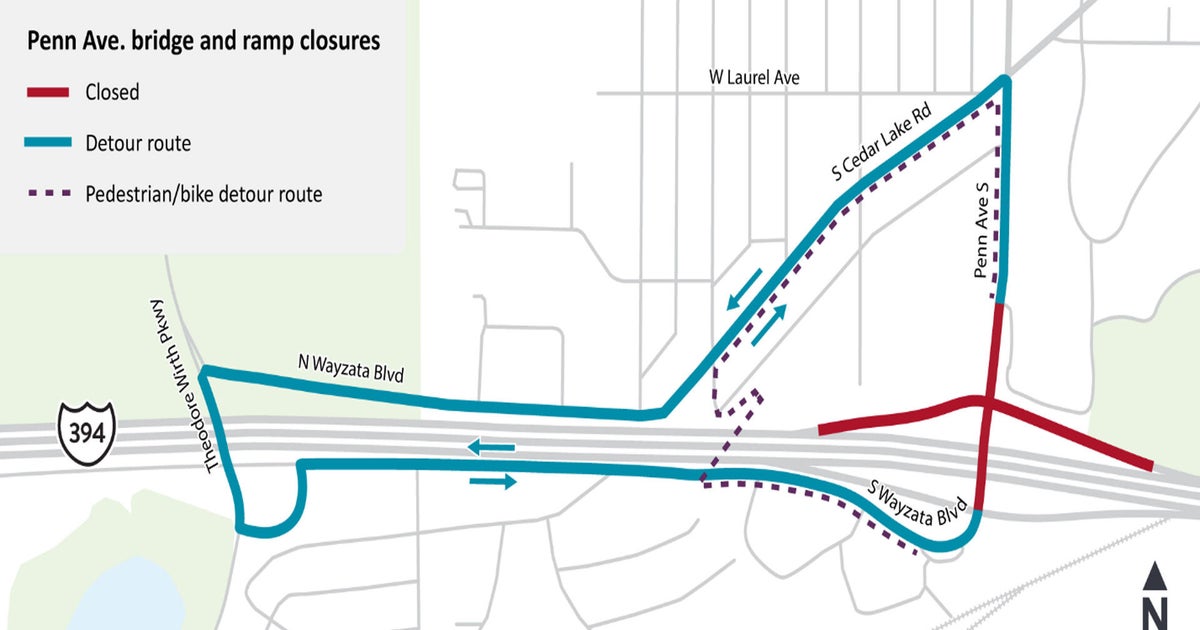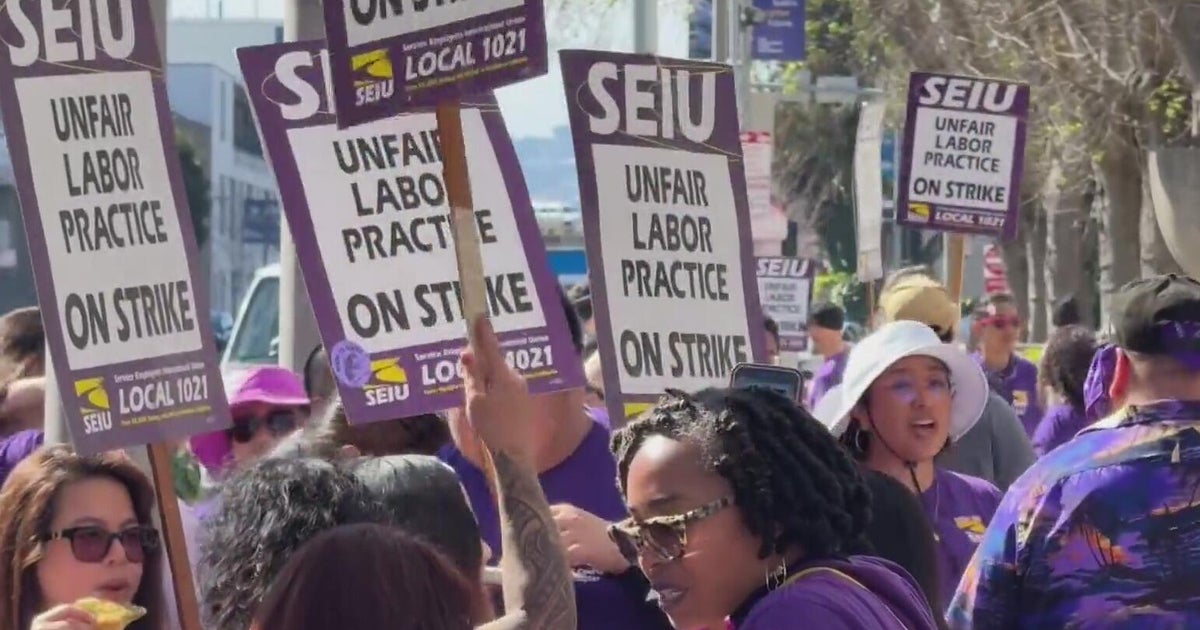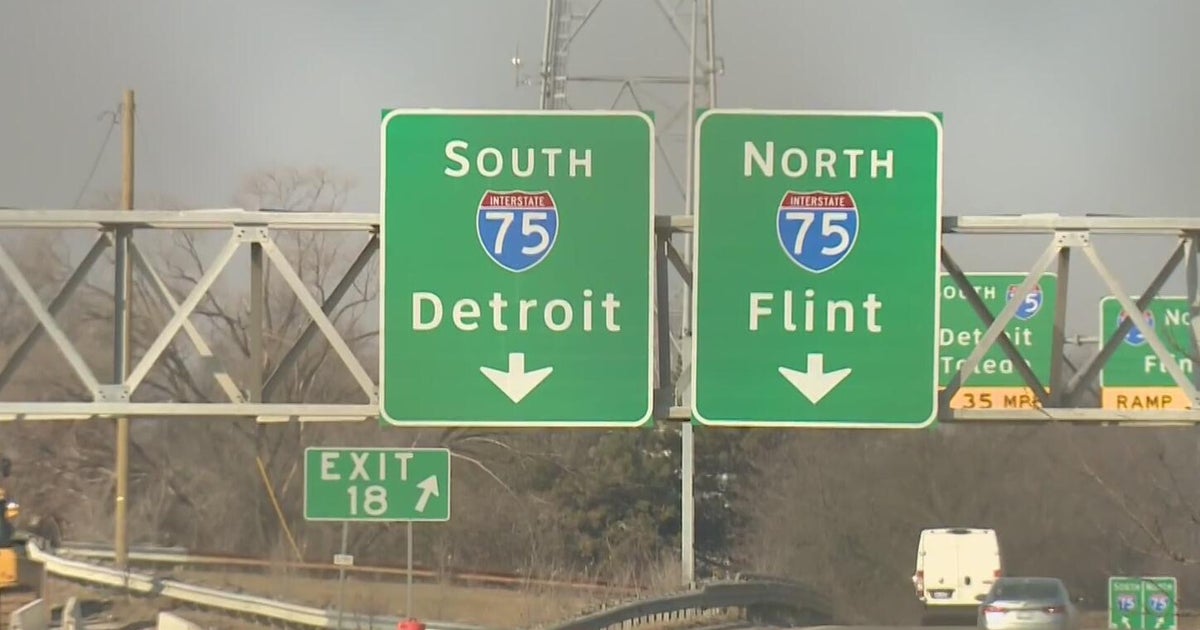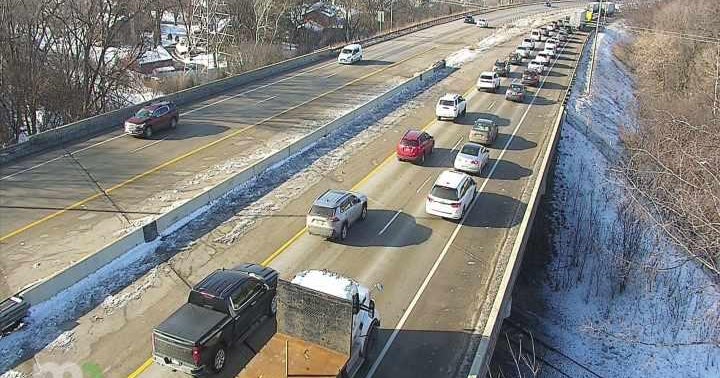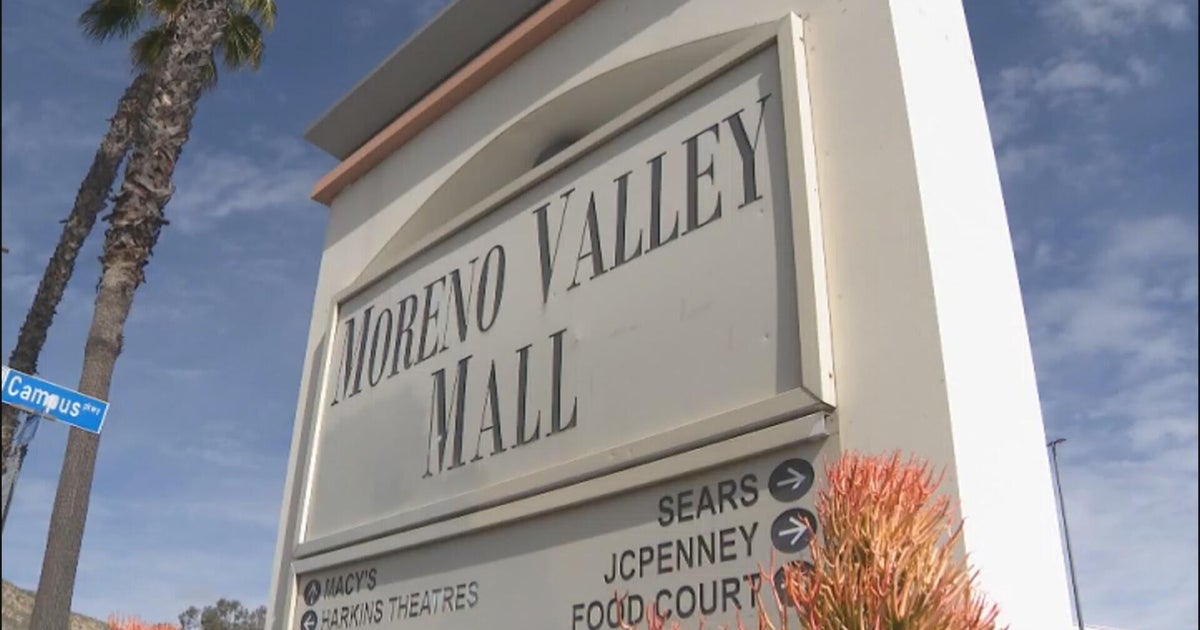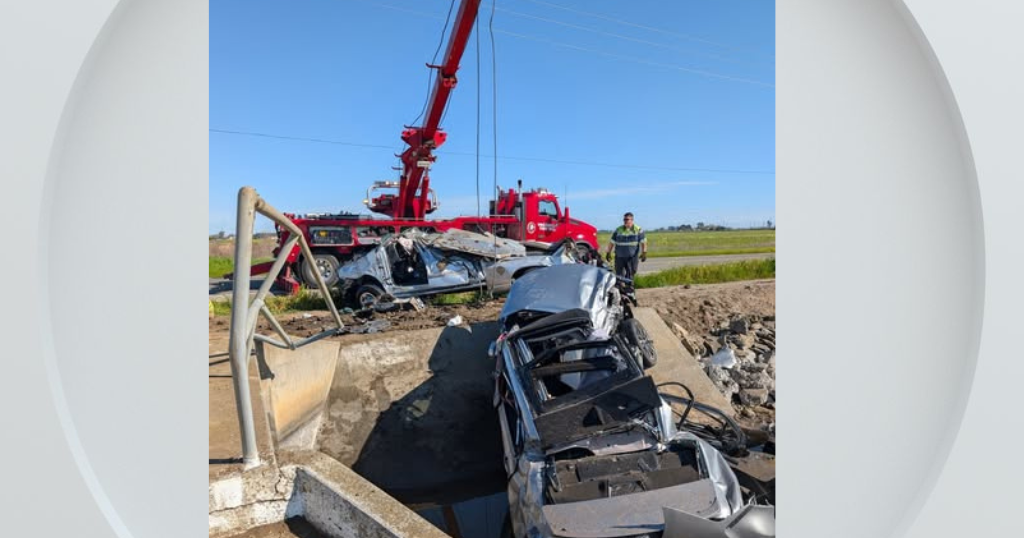California greenlights San Francisco Great Highway closure after Prop K passage
The California Coastal Commission gave its unanimous nod of approval on Thursday for the permanent closure of San Francisco's Upper Great Highway, which was supported by city voters through Proposition K's passage in November.
The commission, meeting in Newport Beach at the Newport Beach Civic Center for its final three-day monthly meeting of 2024, voted to permit the city to move forward with the plan to close the coastal road to vehicles seven days a week and eventually replace it with a park.
Brian Stokle, a planner with the San Francisco Recreation and Park Department, told commissioners by Zoom that the closure could happen as soon as spring, after habitat signs and fencing are installed, and initial dune restoration work is completed.
The closure will expand on an initial closure during the COVID-19 pandemic in 2020, which was continued by a pilot program established in 2022 that closed the Upper Great Highway between Lincoln Way and Sloat Boulevard on weekends and holidays.
The need for approval from the Coastal Commission to enact the closure, which was authorized by voters by a nearly 10-point margin, gave opponents of the move one last chance to make an appeal against it, which they did both in person and by Zoom.
Several residents of the Richmond District north of the Upper Great Highway objected to its closure, arguing that traffic would be worse on the Lower Great Highway, which will become the main north-south route in the area.
They also objected to the fact that the closure was opposed by the city's western residents. In supervisorial districts 1 and 4, which comprise the Richmond and Sunset Districts, respectively, only about 36% of voters supported Prop. K, according to data from the San Francisco Department of Elections.
Supporters, likewise, turned out to reiterate why the Commission should greenlight the plan, leading to a public comment period lasting over an hour, after a brief staff presentation on the highway's closure.
San Francisco resident Matt Boschetto, who started a political action committee opposing Prop. K and ran unsuccessfully for the San Francisco Board of Supervisors in November's election, made the trip to Newport Beach to speak in person.
He urged the Commission to use "restraint" in considering the closure and questioned whether the city had already come up with a plan for the area's use, despite the fact that the proposition left details of the proposed recreation area undefined.
"We've got to make sure that it actually does provide access, it actually does restore the dunes, it actually will result in what you guys are promising to promote through the Coastal Act," he said.
The group Friends of Great Highway Park, which supported Prop. K, praised the decision. It said long-term plans for the park and recreation area will be made with public input starting in the spring.
"Like our city's other great parks, the design and creation of the park will be an inclusive and participatory community process," Friends of Great Highway Park Board President Lucas Lux said in a press release.
"When the park opens, temporary amenities and artwork will offer a glimpse of possible improvements to the coastal park experience, with opportunities to give feedback on what they want to see from their coastal park over time," Lux said.
Zach Lipton, a volunteer with the group, also traveled to speak in person at the Coastal Commission's meeting.
"Last month, San Francisco voters spoke loud and clear that this part of our precious Pacific Coast should be transformed into a brand new coastal park. What's before you today is the last step to make that possible, and show everyone what a world-class urban coastal park looks like," Lipton said during the public comment period.
The city's initial plans call for creating separate areas for pedestrians and bicyclists on the closed road.
Paloma Aguirre, the Coastal Commission's San Diego Coast representative, questioned whether the city planned to establish a speed limit for e-bikes, and post the limit with signs.
Stokle said the city hadn't considered that but would do so as the plan moves forward.
The road will remain accessible to city and emergency vehicles.
